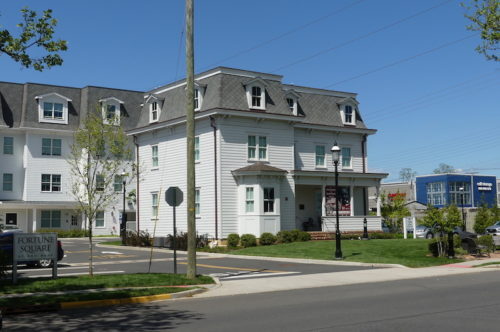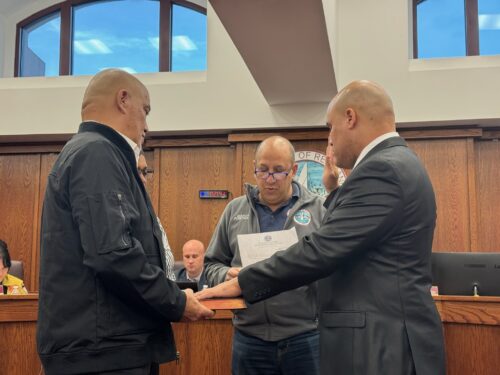
An initiative touted as having the potential to be the first-ever merger of three New Jersey police departments appears to have crashed and burned less than two months after it was introduced.
Last night, Rumson officials made clear that they want nothing to do with a proposal that might lead to their police department merging with those of Fair Haven and Little Silver. Today’s Asbury Park Press has a full report.
Rumson’s rejection came just 24 hours after the governing body in Fair Haven approved a resolution calling for the borough to participate in a “joint management committee” with the other two towns to look for ways to save money, such as on the purchase of a breathalyzer machine they could share. Rumson adopted a similar resolution.
The measures, though, were dramatically watered-down versions of a recommendation unveiled in July to have the cop shops from all three towns begin to share detectives, traffic safety and other personnel, with a long-term goal of a possible all-out merger. The police chiefs in all three towns opposed the plan, saying it would decimate their staffing.
Today, Fair Haven Mayor Mike Halfacre says the findings of a study that led to the twin rejections is a sharp rebuke of Gov. Jon Corzine’s push for increased sharing of services to curb soaring property taxes at the local level. The consultant’s analysis forecasted savings per Fair Haven household of just $242 a year in taxes.
“The message out of all this is, ‘Hey, Governor Corzine, the savings aren’t there, so don’t cram consolidation and shared services down our throats,'” Halfacre told redbankgreen this afternoon. “The report says our local police deparments are doing a good job, and that the savings from consolidation would at best be minimal.”
Assemblyman Declan O’Scanlon, who initiated the study idea, argues that it has yielded value, in that towns are formally looking to find ways to save money together.
Still, he concedes that Rumson’s foreclosure of any talks that might lead to a consolidation is a victory for the Corzine viewpoint, which he summed up as “the state ought to decide what we do” because the municipalities don’t have the political will to do it themselves.
“I made the counterargument,” O’Scanlon says. “Did I lose that argument? I don’t know.”





















